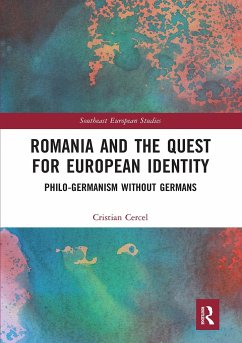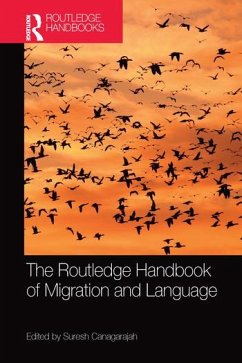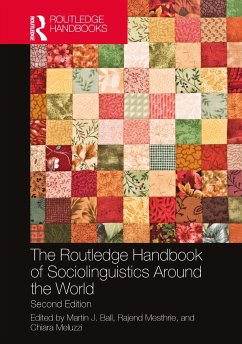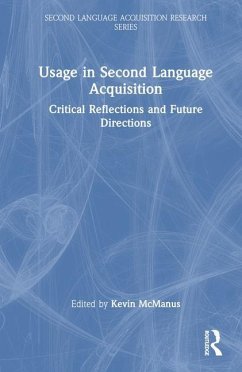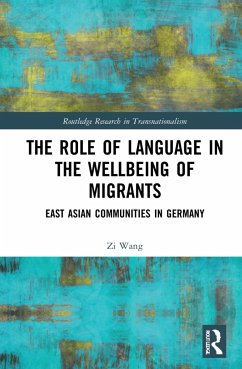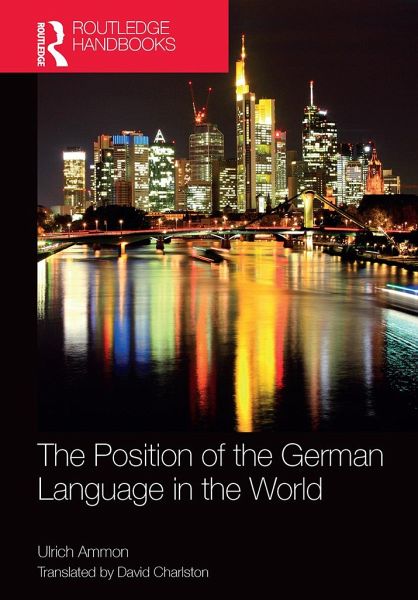
The Position of the German Language in the World

PAYBACK Punkte
25 °P sammeln!
The Position of the German Language in the World focuses on the global position of German and the factors which work towards sustaining its use and utility for international communication.From the perspective of the global language constellation, the detailed data analysis of this substantial research project depicts German as an example of a second-rank language. The book also provides a model for analysis and description of international languages other than English. It offers a framework for strengthening the position of languages such as Arabic, Chinese, French, Portuguese, Spanish and oth...
The Position of the German Language in the World focuses on the global position of German and the factors which work towards sustaining its use and utility for international communication.
From the perspective of the global language constellation, the detailed data analysis of this substantial research project depicts German as an example of a second-rank language. The book also provides a model for analysis and description of international languages other than English. It offers a framework for strengthening the position of languages such as Arabic, Chinese, French, Portuguese, Spanish and others and for countering exaggerated claims about the global monopoly position of English. This comprehensive handbook of the state of the German language in the world was originally published in 2015 by Walter de Gruyter in German and has been critically acclaimed.
Suitable for scholars and researchers of the German language, the handbook shows in detail how intricately and thoroughly German and other second-rank languages are tied up with a great number of societies and how these statistics support or weaken the languages' functions and maintenance.
From the perspective of the global language constellation, the detailed data analysis of this substantial research project depicts German as an example of a second-rank language. The book also provides a model for analysis and description of international languages other than English. It offers a framework for strengthening the position of languages such as Arabic, Chinese, French, Portuguese, Spanish and others and for countering exaggerated claims about the global monopoly position of English. This comprehensive handbook of the state of the German language in the world was originally published in 2015 by Walter de Gruyter in German and has been critically acclaimed.
Suitable for scholars and researchers of the German language, the handbook shows in detail how intricately and thoroughly German and other second-rank languages are tied up with a great number of societies and how these statistics support or weaken the languages' functions and maintenance.






